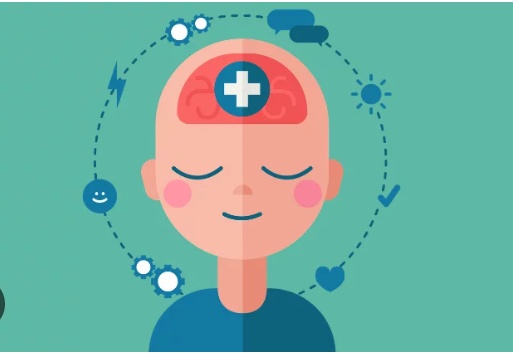In a world where technology is ubiquitous, video gaming has transcended its reputation as a mere source of entertainment. Increasingly, research by companies such as Gaming Elephant is revealing the positive impact that gaming can have on mental health and overall well-being. Today we will look into the therapeutic aspects of gaming, exploring how this immersive activity can contribute to emotional resilience, cognitive skills, and social connections.
Stress Relief Through Gaming
Gaming serves as a powerful stress-relief mechanism, providing an escape from the pressures of daily life. Engaging in a captivating game allows individuals to immerse themselves in alternate realities, diverting their focus from stressors. Whether it's exploring vast landscapes or solving intricate puzzles, gaming provides a relaxing outlet.
Cognitive Benefits of Gaming
Contrary to the stereotype of gaming as a mindless activity, research suggests that it can enhance cognitive functions. Strategy games, for instance, require players to plan, strategize, and make quick decisions. This constant mental stimulation can improve problem-solving skills, enhance memory, and foster critical thinking abilities.
Building Resilience through Challenges
Many video games present players with challenges and obstacles that require persistence and resilience to overcome. The repeated exposure to virtual setbacks can translate into increased emotional resilience in real life. Gamers learn to embrace failure as a stepping stone to success, fostering a positive mindset and a willingness to tackle challenges head-on.
Social Connections in Gaming
Contrary to the solitary image often associated with gaming, the industry has evolved to become a social platform. Multiplayer online games enable individuals to connect with friends, family, and even strangers around the world. This sense of community can alleviate feelings of isolation and loneliness, contributing positively to mental health.
Gaming as a Coping Mechanism
For many individuals, gaming serves as a healthy coping mechanism during difficult times. The immersive nature of video games allows players to temporarily escape reality and find solace in a virtual world. This can be especially beneficial for those dealing with stress, anxiety, or depression, offering a constructive way to manage emotions.
Certain genres of games, such as action or role-playing games, demand a high level of concentration and focus. The need to pay attention to details, navigate complex environments, and respond quickly to stimuli can enhance cognitive control and attention skills. This heightened focus can extend beyond the gaming environment, positively impacting other areas of life.
Gaming for Therapeutic Purposes
Recognizing the therapeutic potential of gaming, some mental health professionals incorporate video games into therapy sessions. "Game therapy" involves the use of specially designed games to address specific mental health challenges. These therapeutic interventions aim to provide a unique and engaging way for individuals to work through emotional issues and develop coping strategies.
The advent of virtual reality (VR) has opened new avenues for gaming in mental health. VR games designed for mindfulness and relaxation offer users a unique opportunity to engage in therapeutic experiences. From tranquil environments to guided meditation journeys, these games promote mental well-being by fostering a sense of calm and presence.


No comments yet